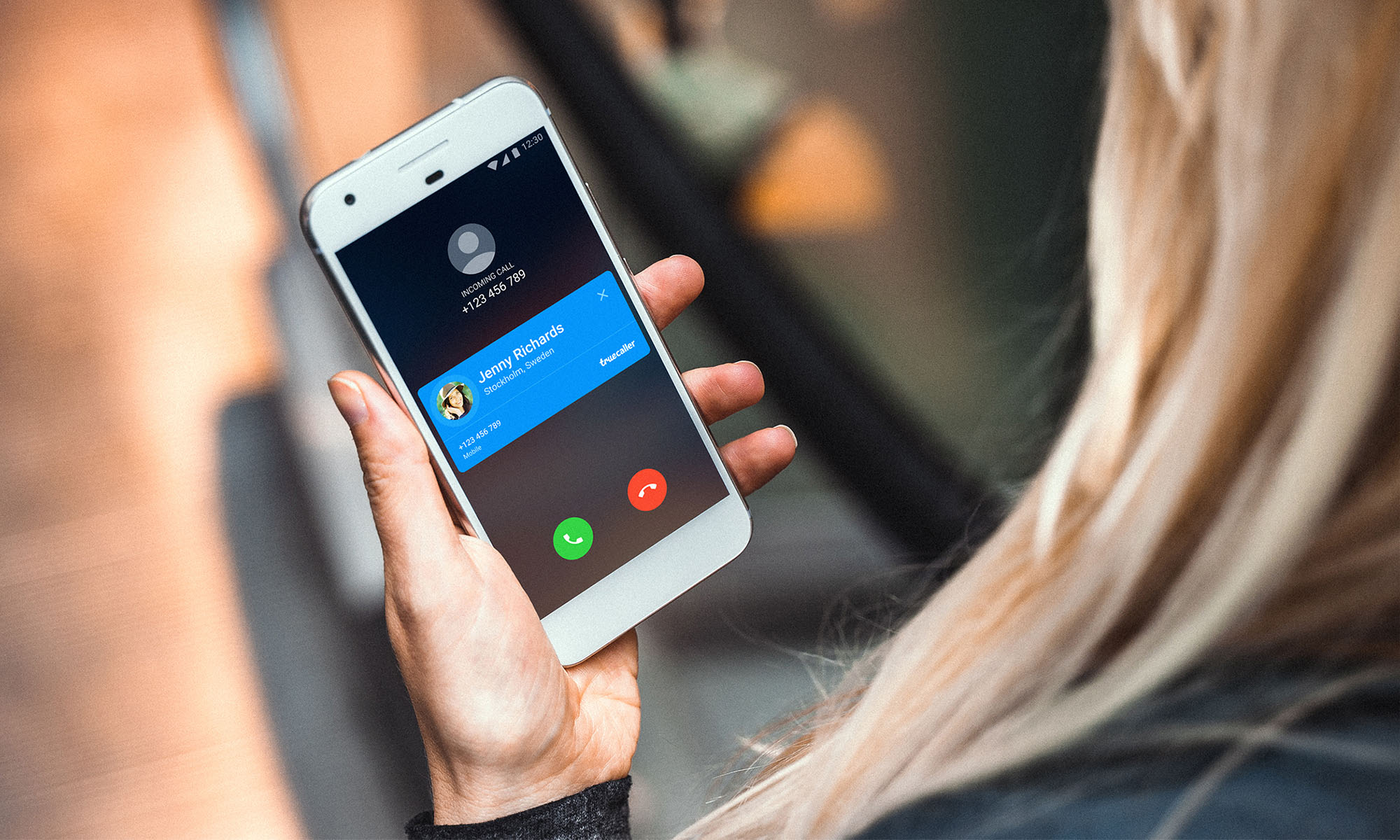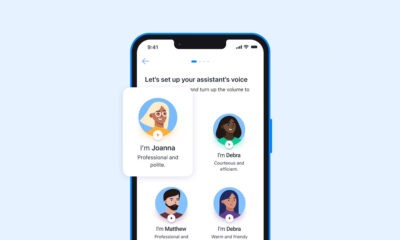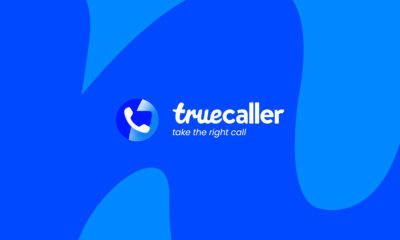News
Truecaller Wants To Raise Over $100 Million In Stockholm IPO
Experts suggest that the upcoming IPO could take the company’s valuation to $3 billion.

Truecaller, a smartphone app that identifies unknown callers has announced that it would like to raise $116 million in an initial public offering (IPO) on Nasdaq Stockholm.
The company will be listing its Class B shares (common stocks or preferred stocks offering fewer advantages than Class A) by the end of the fourth quarter of this year.
“One of our objectives this year has been to prepare Truecaller for an IPO. Thanks to the strong feedback that we’ve received from potential investors, it feels very exciting to take the next step in this process,” commented Alan Mamedi, CEO of Truecaller.
When Truecaller completed a previous funding round in 2018, the company was valued at more than $680 million. Now, some experts are saying that the upcoming IPO could take its valuation to $3 billion.
The money raised in the IPO will be used for future growth, for general corporate purposes, and to provide strategic flexibility for opportunistic acquisitions, as explained by Truecaller in the official press release.
Truecaller was founded back in 2009, and it currently has more than 400 employees. Its user base is almost 300 million large, and most of its monthly active users (92 percent) are located in India. In fact, 720,000 of its 1.2 million Premium subscribers were from India, according to May 2020 statistics. Another major market for Truecaller is the MENA region where traditional phone directories have little presence.
Also Read: Abu Dhabi Has Dropped Business Setup Fees By Up To 94%
Unlike many other similar solutions, Truecaller is a complete communication solution that eliminates the needs to switch to other apps, providing a spam-free inbox for text messages and an intelligent dialer that can reveal the names of unknown numbers.
The Premium version of Truecaller brings to the table a number of other features, including the ability to record phone calls and track upcoming bills and other important items.
News
Mamo Completes $3.4M Funding Round To Enhance Fintech Services
The startup will use the influx of cash to expand into Saudi Arabia and across the wider GCC while improving its product offering.

UAE-based fintech Mamo has announced the completion of a $3.4 million funding round that will help the startup extend its market presence and improve its product offering. Investors included 4DX Ventures, the Dubai Future District Fund and Cyfr Capital.
Mamo’s platform offers “payment collection, corporate cards and expense management” to help small and medium-sized businesses consolidate and streamline their operations. With the latest influx of capital, Mamo will further develop its comprehensive suite of services and begin testing its product lines in Saudi Arabia, further extending its footprint across the GCC.
Imad Gharazeddine, co-founder and CEO of Mamo, stated: “We’ve been in the market for a while now and are incredibly proud of what our team has achieved. The holistic and expansive nature of our product offering has helped us continue to grow sustainably. This additional funding will allow us to reach our medium-term goals even faster. The support from new and existing investors is a testament to our strong expertise and the ability to deliver on our customer promise”.
Daniel Marlo, General Partner of lead investor 4DX Ventures, added: “We have immense trust in Imad’s vision, leadership and Mamo’s innovative approach to provide a user-friendly and comprehensive financial solution for SMEs that makes financial management more accessible and efficient. We are proud to partner with them and support their mission”.
Also Read: A Guide To Digital Payment Methods In The Middle East
Amer Fatayer, Managing Director of Dubai Future District Fund’s investment team, also commented: “Mamo’s localized product lines serve as an infrastructure for SME payments and spend management in UAE, a segment that is underserved by the country’s current banking infrastructure. The team has taken a product-first approach to consolidating SMEs’ financial journeys and building a fintech solution deeply embedded in a business’s core operations”.
To date, Mamo has raised around $13 million in investment funding and now boasts a team of 30 people. The company’s intuitive financial services platform has allowed over 1,000 businesses to consolidate their financial operations and significantly reduce payment fees.
-

 News4 weeks ago
News4 weeks agoAmazon Prime Day 2024: Get Ready For 6 Days Of Amazing Deals
-

 News4 weeks ago
News4 weeks agoSamsung Unpacked 2024: What To Expect From The July 10 Event
-

 News4 weeks ago
News4 weeks agoCoursera Report Shows Surge In UAE Interest In AI Upskilling
-

 News4 weeks ago
News4 weeks agoMeet Dubai’s Groundbreaking Smart Robot Delivery Assistant
















